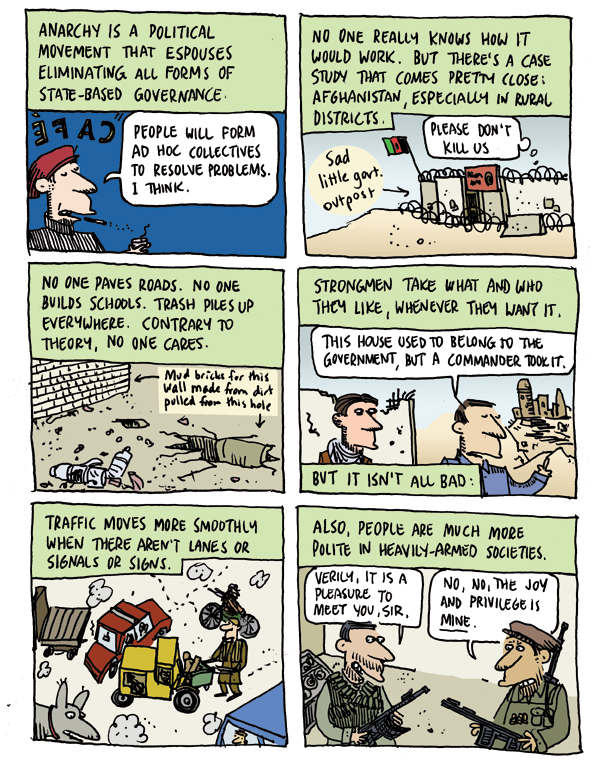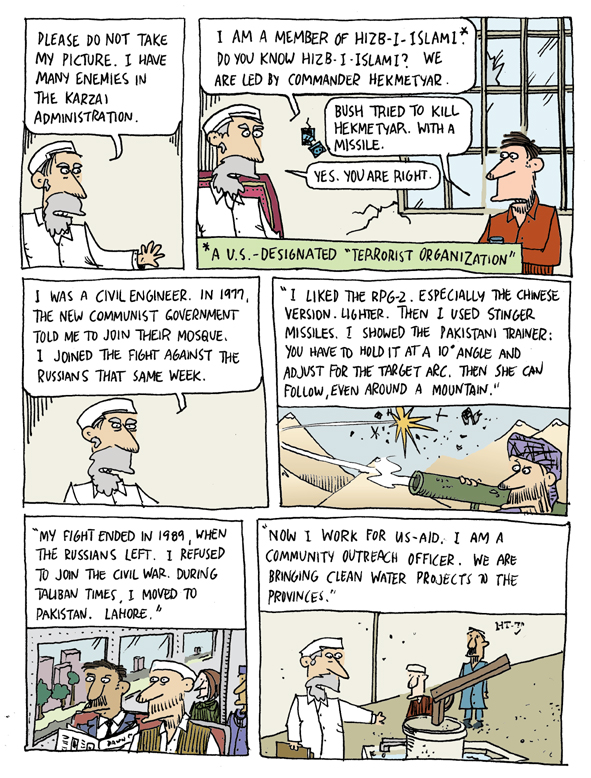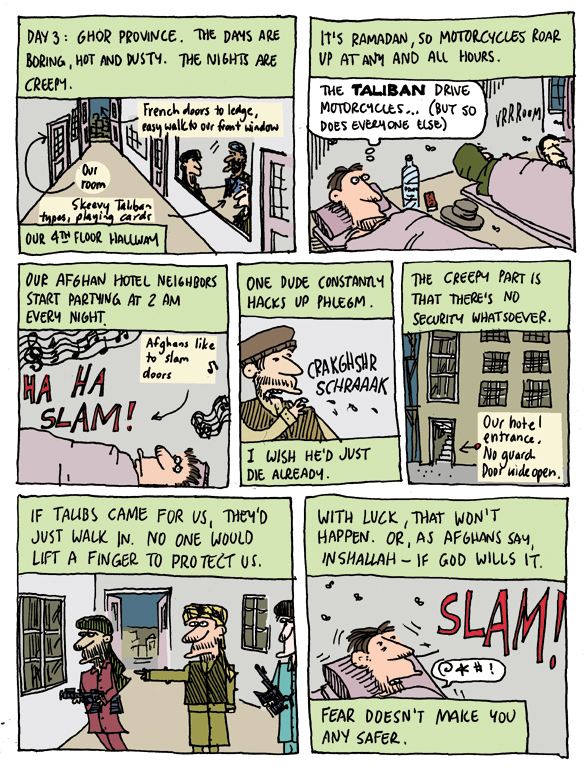Washington Post Interview
Today’s Washington Post has a follow-up interview with me about my just-ended trip to Afghanistan.
Upcoming Public Appearances
A complete list of book tour dates is available on the Events tab. Here is the list of the next public appearances, which will be in the Northeast.
Friday, September 24th
NEW YORK
Brecht Forum
451 West Street
New York, NY 10014-2041
(212) 242-4201
Event begins 7:30pm
Saturday, September 25th
BALTIMORE
Radical Pavilion of the Baltimore Book Festival
Mount Vernon Place
600 Block North Charles Street
Baltimore, MD 21201
Time TK
Monday, September 27th
WASHINGTON DC
Busboys and Poets
2021 14th St. NW
Washington DC 20009
(in the Langston Room)
6:30
Tuesday, September 28th
PHILADELPHIA
Wooden Shoe Bookstore
704 South Street
Philadelphia, PA 19147
(215) 413-0999
7pm
Upcoming Radio Interviews
Check the Events tab for the long list of interviews and public appearances I’ll be doing to promote the Manifesto. Here are the next few radio interviews. You should be able to live-stream by clicking the various links. Don’t forget to adjust for your time zone.
Wednesday, September 22nd
KGNU Morning Show, Colorado
10:35am-11:30am East Coast time
Thursday, September 23rd
KOPN Chautauqua, Columbia, MO
6-7 pm Central time
Monday, September 27th
Riz Khan Show, Al Jazeera English
12:10-1pm East Coast time
Culture Shocks with Barry Lynn (Nationally Syndicated)
1:00-1:40 pm East Coast time
Silly Moderates
There’s a NYT Book Review piece today that contains this nugget:
At work, Malcomson struggles to make sense of his country’s new imperial tenor, inviting seasoned policy makers like George Shultz, Richard Holbrooke and James Baker to submit opinion pieces that he hopes will calm the national appetite for war. Ultimately frustrated that the White House has engineered an invasion of Iraq with little evidence and almost no debate, Malcomson quits journalism and goes to work for the United Nations, hopeful that he can roll up his sleeves and at last really do something.
The Malcolmson in question was an Op/Ed editor at the Times.
Here is a succinct summary of why, in a nation without a leftist party, moderates serve only to enable the Right. What moderates like Malcolmson don’t get is that you don’t counter right-wing arguments like Bush’s drive to invade Iraq with “reasonable” conservatives. You counter them with aggressive left-wing counterarguments.
By the way: The Anti-American Manifesto arrives in stores this week. And it looks great.






